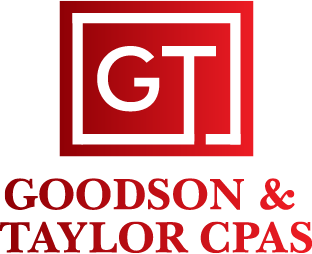Essential Tax Preparation for First-Time Business Owners
Oct 22 2025 15:00
Becoming a new business owner is an exciting journey, but tax season can catch you off guard whether you're running a side hustle or operating full-time. The prospect of compiling forms and crunching numbers might seem daunting, but don't worry. We’re here to help you navigate the tax terrain with some practical steps and clear up common myths that might trip you up.
Get Your Business Records in Order
Before tax season arrives, ensure you have all your business records organized. Gather your bank statements, issued and received invoices, receipts, payroll records, mileage logs, and 1099s for any contractor you’ve paid $600 or more. Remember, using your personal bank account may seem convenient, but it’s essential to keep personal and business finances separate. This separation not only makes bookkeeping easier but also maintains clearer records in case of an audit.
Know Your Tax Deadlines
Marking your tax deadlines on a calendar is crucial for avoiding penalties. For S corps and partnerships, taxes are due by March 15, while C corps and sole proprietors have until April 15. Additionally, don’t forget about quarterly estimated taxes due in April, June, September, and January. Proactively marking these dates helps ensure you’re not caught off guard when they roll around.
Organize Your Deductible Expenses
Recognizing what counts as a deductible expense can save you money come tax time. Common deductions include office rent, home office expenses, software tools, marketing costs, business meals (50%), travel, and professional services. However, remember that not everything you spend on your business is deductible. Some expenses might be only partially deductible or not deductible at all, so it pays to document correctly and consult with a tax advisor if needed.
Know Which Forms You’ll Need
Knowing what forms you need depends on your business structure. Sole proprietors typically file a Schedule C, while LLCs and partnerships require Form 1065 and a K-1 for each partner. S corps use Form 1120-S and distribute K-1s, and C corps file Form 1120. There's a myth that “LLCs don’t pay taxes.” LLCs are classified for tax purposes by the IRS, so entity type and tax status can influence what forms to file.
In summary, preparing for tax season doesn’t need to be overwhelming. With your documents organized, records clear, and deadlines marked, you can file taxes accurately while keeping more of your hard-earned money. Take control of your business's financial health and start organizing now—or reach out to a tax professional for guidance. Remember, the more prepared you are, the smoother your tax season will be.

